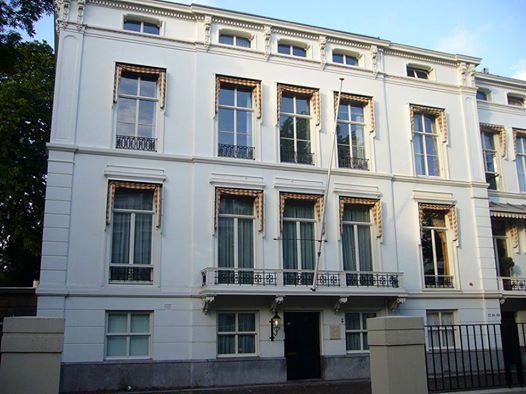
The Netherlands War Graves Foundation (Oorlogsgravenstichting) in Indonesia is an extension of the foundation headquartered in The Hague, Netherlands. Established on 13 September 1946, the foundation has been dedicated to the task of maintaining over 50,000 war graves across the globe, honouring both civilians and military personnel who have fallen due to war or peacekeeping efforts.
In Indonesia, we have a team of around 120 employees across Java who share a commitment to preserving this important part of our collective history. Our role is to meticulously maintain the 7 war cemeteries across Java, which serve as the final resting places for over 25,000 war victims. These hallowed grounds are a testament to the diverse narratives of war, holding the remains of not only military personnel but predominantly civilians from various backgrounds who were caught in the crossfire of historical conflicts.
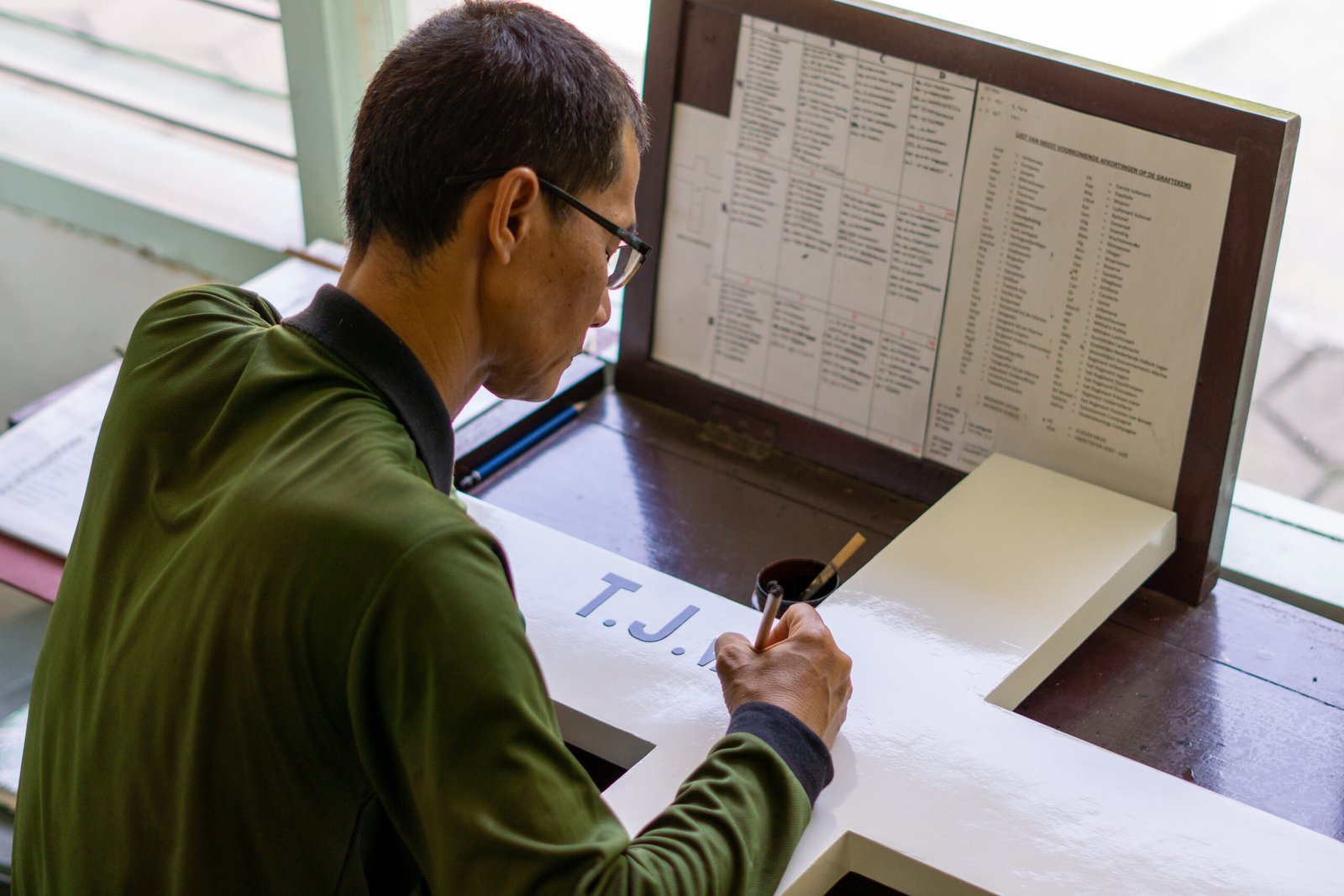
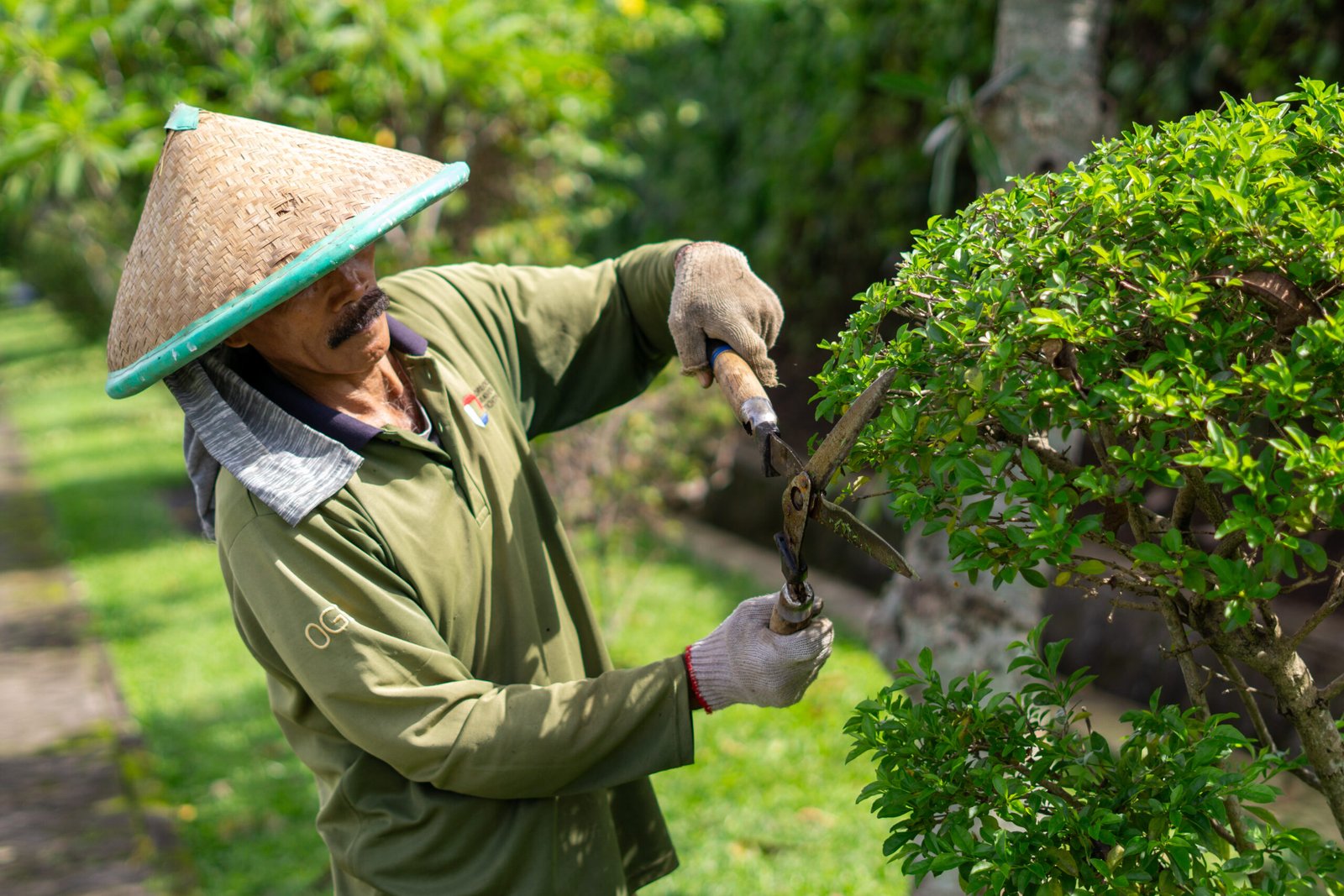
The Netherlands War Graves Foundation carries out five key responsibilities in Indonesia:
The presence of the Netherlands War Graves Foundation in Indonesia is rooted in the aftermath of the Second World War (1939–1945) and the Indonesian National Revolution (1945–1949). The establishment of Netherlands war cemeteries in Indonesia began between 1946 and 1950, initiated by the graves registration unit of the Royal Netherlands Indies Army (KNIL). The aim was to provide a dignified resting place for those who lost their lives during these turbulent years.
Following Indonesia’s independence and the transfer of sovereignty, the Indonesian government proposed the consolidation of the 22 scattered burial sites into 12 central war cemeteries. This number was later reduced to seven, all located on the island of Java. These cemeteries were chosen not only for practical considerations but also to preserve historical memory in accessible locations for future generations.
With the disbandment of the KNIL in 1950, responsibility for the maintenance of the cemeteries was transferred to the Netherlands War Graves Foundation, marking a continued commitment to honour both civilians and military personnel affected by war.
Today, the seven war cemeteries maintained in Indonesia are the final resting place of victims from three major periods of conflict: the Second World War (1939–1945), the Indonesian National Revolution (1945–1949), and the West New Guinea conflict (1950–1962). Through the care of these cemeteries, the Netherlands War Graves Foundation continues to offer a place of remembrance, reflection, and understanding, ensuring that the lessons of the past guide our shared path toward peace and safety for all.
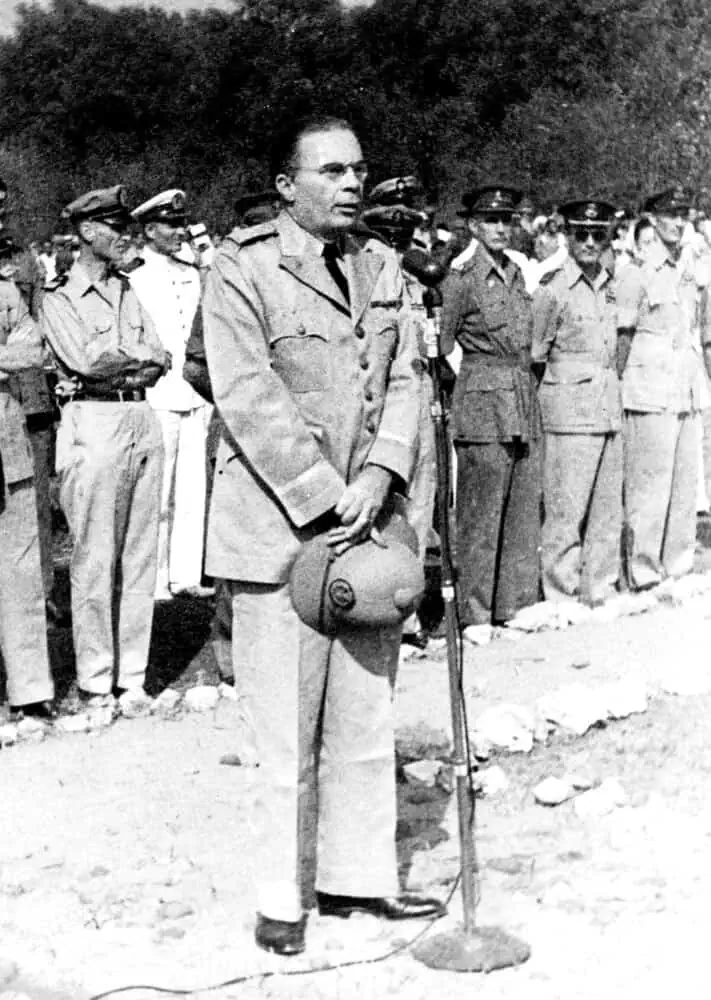
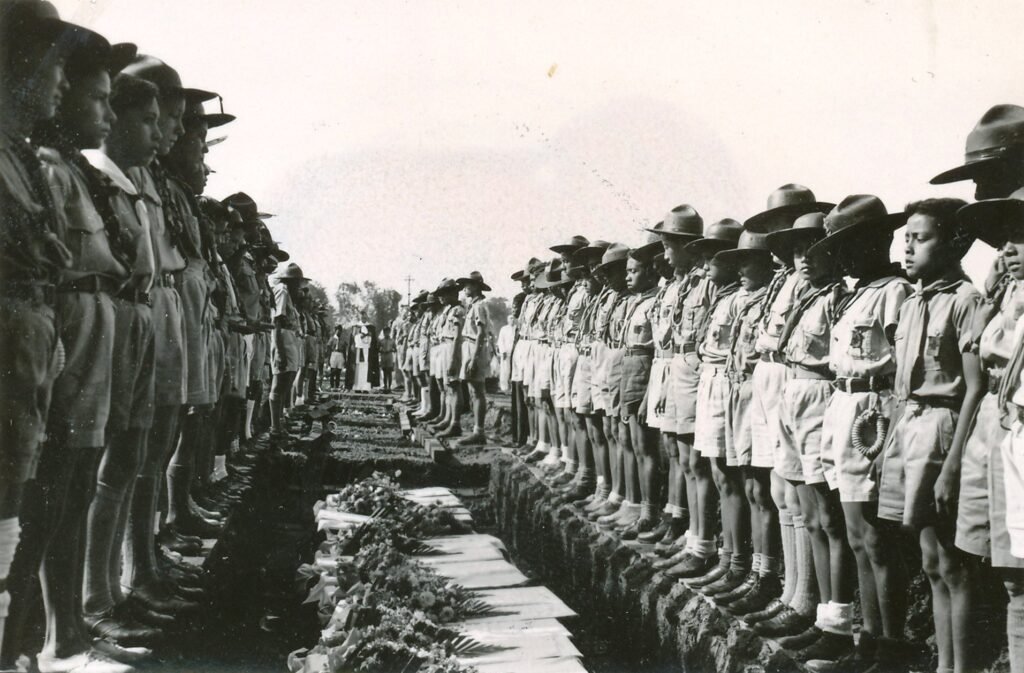
Webdeveloper.id menyediakan jasa pembuatan website profesional untuk bisnis Anda yang mencakup desain modern dan kekinian. Dengan pengalaman lebih dari 1500+ project dan portofolio yang kuat, kami memastikan situs web Anda akan menonjol dan memenuhi kebutuhan bisnis Anda.